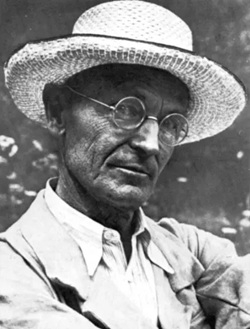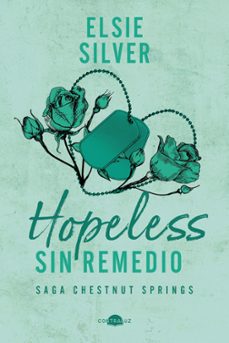📗 Libro en inglés SIDDHARTHA (A NEW TRANSLATION)
SHAMBHALA- 9781570627217
Sinopsis de SIDDHARTHA (A NEW TRANSLATION)
In the novel, "Siddhartha, a young man, leaves his family for a contemplative life, then, restless, discards it for one of the flesh. He conceives a son, but bored and sickened by lust and greed, moves on again. Near despair, Siddhartha comes to a river where he hears a unique sound. This sound signals the true beginning of his life -- the beginning of suffering, rejection, peace, and, finally, wisdom. This book chronicles the spiritual evolution of a man living in India at the time of the Buddha--a tale that has inspired generations of readers. We are invited along Siddhartha''s journey experiencing his highs, lows, loves, and disappointments along the way. Hesse begins by showing us the life of a privileged brahmin''s son. Handsome, well-loved, and growing increasingly dissatisfied with the life expected of him, Siddhartha sets out on his journey, not realizing that he is fulfilling the prophesies proclaimed at his birth. Siddhartha blends in with the world, showing the reader the beauty and intricacies of the mind, nature, and his experiences on the path to enlightenment. Sherab Chodzin Kohn''s flowing, poetic translation conveys the philosophical and spiritual nuances of Hesse''s text, paying special attention to the qualities of meditative experience. Also included is an extensive introduction by Paul W. Morris that discusses the impact "Siddhartha" has had on American culture.
Ficha técnica
Editorial: Shambhala
ISBN: 9781570627217
Idioma: Inglés
Encuadernación: Tapa blanda
Año de edición: 2000
Especificaciones del producto
Escrito por Hermann Hesse

Hermann Hesse (1877-1962), novelista y poeta alemán, nacionalizado suizo. Premio Nobel de Literatura en 1946, es una figura de culto en el mundo occidental por su celebración del misticismo oriental y la búsqueda del propio yo, muy influenciado por el psicoanálisis junguiano. Abandonó pronto la escuela y fue autodidacta a base de numerosas lecturas. La desesperanza y la desilusión que le produjeron la Primera Guerra Mundial y una serie de tragedias domésticas, y sus intentos por encontrar soluciones, se convirtieron en el asunto de su posterior obra novelística. Sus escritos se fueron enfocando hacia la búsqueda espiritual de nuevos objetivos y valores que sustituyeran a los tradicionales, que ya no eran válidos. Es autor de varias novelas como Peter Camenzind (1904), Bajo las ruedas (1906), Demian (1919), Viaje al Este (1932), Siddhartha (1922), El lobo estepario (1927), quizá su novela más innovadora, Narciso y Goldmundo (1930) y El juego de abalorios (1943), que cada vez se hicieron más simbólicas y cercanas al psicoanálisis.
Opiniones sobre SIDDHARTHA (A NEW TRANSLATION)
¡Sólo por opinar entras en el sorteo mensual de tres tarjetas regalo valoradas en 20€*!
Los libros más vendidos esta semana

Bolsillo
Clarissa Pinkola Estés


































